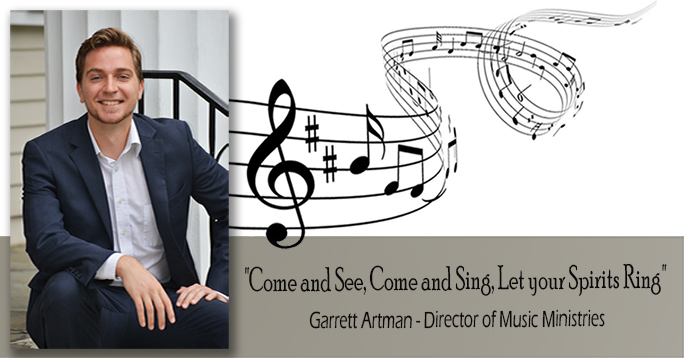
Whether you’ve studied music at the collegiate level or have taken lessons with someone who did (yes, even me) you’ve likely been exposed to the principles of a Western Music Education. You might have heard a Western Education be referred to as a “Classical Education,” “European Education,” or as a “Colonial Education” and before I go any further, I’d like to say I’m grateful for my education. I’m privileged to have received the instruction from leading pedagogues in the nation and have formed meaningful relationships with these people, with myself, and with others through the medium of music. Colonial education works, but we must relearn and reset our parameters of the classist society that music exists in.
We are very good at teaching and learning a new skill to honor ourselves: There is an end goal with results for all to see. It is the result of performance-based teaching and assessment. We must practice the piece a school tells us to practice for our application to be considered and we must hand in the assignment to keep our A in the class so we can receive an invitation to join a society that looks good on our college application of choice so we can do what we want to do. This rat race of climbing the performance tower leaves unanswered questions, disconnect from artistry, and hands us a shiny, metaphorical key to keep the gate closed from the inside. After all, we’ve gone through the certifications, why shouldn’t we act with authority on who we let in?
It’s the reason I hear so many people say “You don’t want me in choir”, “I only sing in the shower”, or “You are so talented”. These are statements of safety; word-scars of an old self-esteem injury. What happened to the maintained curiosity we had as children? The drive to learn something new is a badge of honor we wear rather than just something we do because we’re curious. These structures go far beyond music, but (I feel) it’s music that can tear down these walls with love, compassion, and artistry. How can we honor music instead of ourselves through it? How can we find the communal good and our role in the community?
Our church is studying the book “The Great Spiritual Migration” by Brian D. McLaren. The first spiritual migration is moving “From a System of Beliefs to a Way of Life.” Instead of being rooted in unchanging beliefs, it makes much more sense to focus on how we practice love.
1 Corinthians 13: 1-12
“If I speak in the tongues of people or of angels, but do not have love, I am only a resounding gong or a clanging cymbal. If I have the gift of prophecy and can fathom all mysteries and all knowledge, and if I have a faith that can move mountains, but do not have love, I am nothing. If I give all I possess to the poor and give over my body to hardship that I may boast, but do not have love, I gain nothing. Love is patient, love is kind. It does not envy, it does not boast, it is not proud. It does not dishonor others, it is not self-seeking, it is not easily angered, it keeps no record of wrongs. Love does not delight in evil but rejoices with the truth. It always protects, always trusts, always hopes, always perseveres. Love never fails. But where there are prophecies, they will cease; where there are tongues, they will be stilled; where there is knowledge, it will pass away. For we know in part and we prophesy in part, but when completeness comes, what is in part disappears. When I was a child, I talked like a child, I thought like a child, I reasoned like a child. When I became a man, I put the ways of childhood behind me. For now we see only a reflection as in a mirror; then we shall see face to face. Now I know in part; then I shall know fully, even as I am fully known.”
For me, music is synonymous with love.
